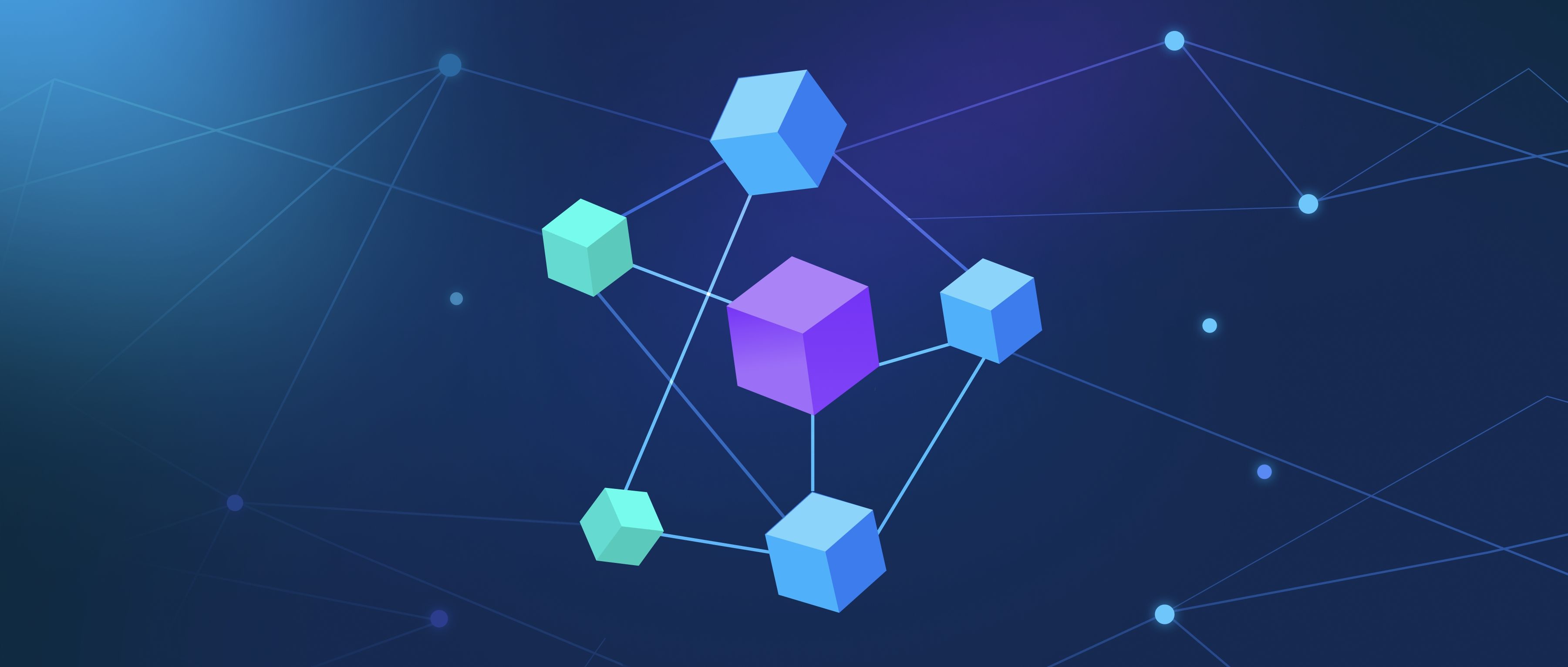Swarm intelligence enhances resource discovery by utilizing the collective behavior of decentralized agents, such as drones or software agents, to efficiently search for and locate resources. In this approach, each individual agent performs simple tasks based on local information and interactions with neighboring agents. This decentralization allows for greater scalability and adaptability as the system can dynamically adjust its search strategy based on real-time data, leading to faster and more efficient resource identification.
For instance, in a network where devices need to find available computing resources, agents can collaboratively explore different parts of the network. Using simple rules, like moving toward areas with higher resource density or following other agents that have found resources, they can avoid redundant searches and ensure a more comprehensive coverage of the network. This method not only reduces the time it takes to uncover resources but also minimizes network congestion, as agents learn and adapt their behavior based on the feedback received during their search.
Moreover, swarm intelligence introduces redundancy and robustness to resource discovery processes. In cases of agent failure or changes in resource availability, the collective nature allows remaining agents to adjust their search patterns without a central coordinator. A concrete example is in mobile ad-hoc networks where nodes (agents) can adjust their strategies based on the presence or absence of other nodes. As nodes discover resources, they can signal to others, leading to a ripple effect of information sharing that improves overall efficiency. This cooperation among agents ensures that resource discovery is resilient and can maintain performance even in fluctuating environments.
